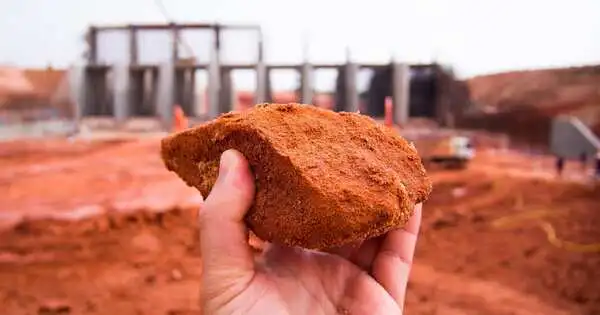Geotechnical engineering is a discipline of civil engineering that studies the behavior of earth materials. It is also known as geotechnics, a discipline of civil engineering that studies the engineering behavior of earth materials. This area uses soil mechanics and rock mechanics principles to evaluate the stability of natural slopes as well as man-made structures like buildings, bridges, dams, and tunnels. It solves engineering difficulties by applying soil and rock mechanics principles. It also requires understanding of geology, hydrology, geophysics, and other relevant sciences.
Geotechnical engineers investigate the qualities of soil, rock, and groundwater in order to assess potential dangers and build suitable foundations and earthworks to sustain structures securely. Its applications include military engineering, mining, petroleum engineering, coastal engineering, and offshore building. Geotechnical engineering and engineering geology have common knowledge areas. However, engineering geology is a specialty of geology, whereas geotechnical engineering is a specialization of civil engineering.
Key aspects of geotechnical engineering include:
- Site Investigation: Geotechnical engineers conduct thorough site investigations to assess soil and rock properties, groundwater conditions, and potential hazards such as landslides or subsidence. This involves drilling boreholes, collecting samples, and performing in-situ tests.
- Soil Mechanics: Soil mechanics is the study of the behavior of soils under various loading conditions. Geotechnical engineers analyze soil properties such as density, moisture content, grain size distribution, and shear strength to understand how soils will respond to applied forces.
- Foundation Engineering: Foundations are critical for supporting structures and transferring loads from the structure to the underlying soil or rock. Geotechnical engineers design foundations based on site conditions and structural requirements, choosing appropriate types such as shallow foundations (e.g., footings) or deep foundations (e.g., piles or caissons).
- Slope Stability Analysis: Geotechnical engineers evaluate the stability of natural and man-made slopes to assess the risk of landslides or slope failures. This involves analyzing factors such as soil properties, groundwater conditions, slope geometry, and external forces.
- Earth Retaining Structures: Geotechnical engineers create retaining walls, embankments, and other structures to stabilize slopes and withstand lateral earth forces. They examine soil qualities, loading conditions, and construction approaches to ensure stability and durability.
Geotechnical engineering is critical to the safe and sustainable development of infrastructure projects, ensuring that structures are built on solid foundations and can withstand the challenges given by the surrounding ground conditions.
















